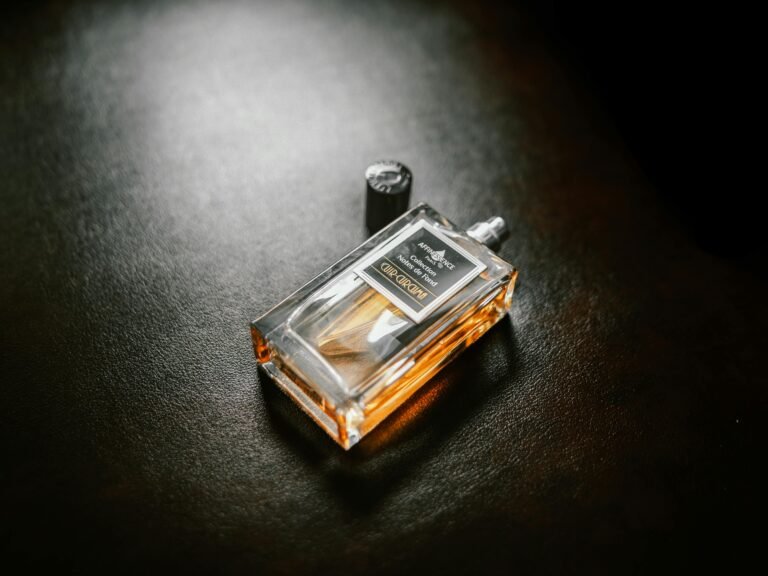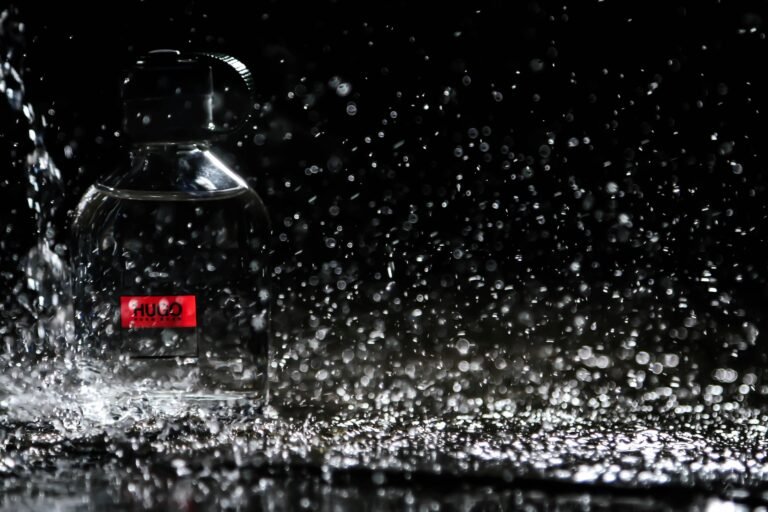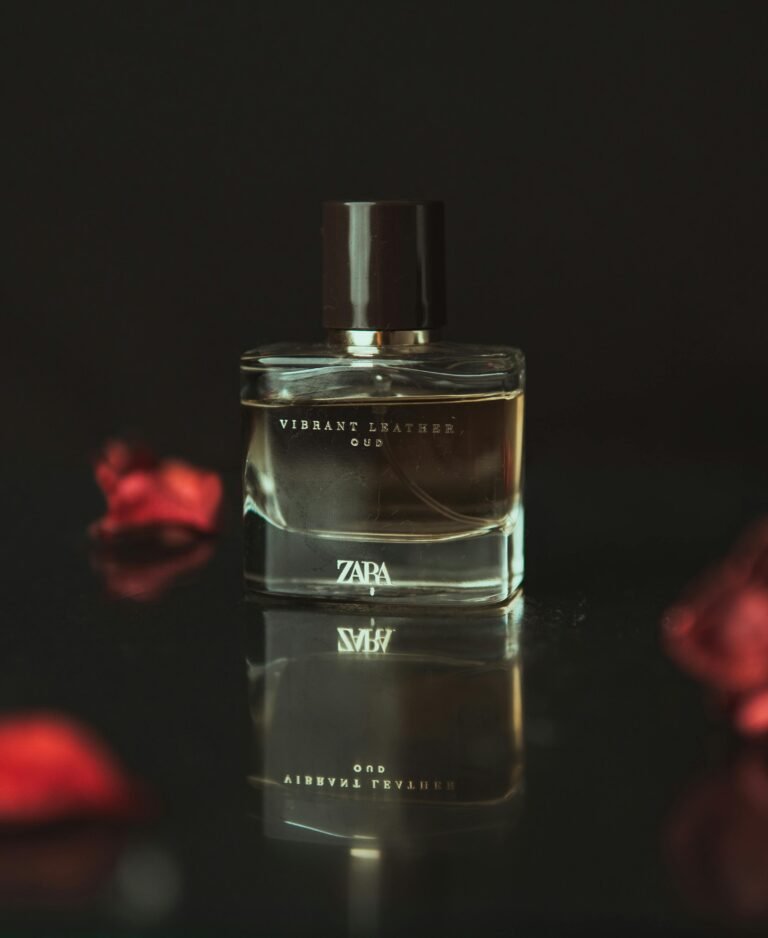As an Amazon Associate I earn from qualifying purchases.
Understanding Fragrance Types, Longevity & Which One is Right for You
Whether you’re shopping for a new signature scent or trying to understand the difference between products on the shelf, you’ve probably asked yourself: What’s the difference between cologne and perfume?
In 2025, as the fragrance world continues to evolve, knowing the basics of cologne vs. perfume can help you choose the best scent for your style, skin, and budget.
In this blog post, we break down the differences between colognes and perfumes, including concentration, longevity, gender associations, and when to wear each.
Cologne vs. Perfume: The Key Differences
| Feature | Cologne | Perfume |
|---|---|---|
| Concentration | 2–5% essential oils | 15–30% essential oils |
| Longevity | 1–3 hours | 6–12+ hours |
| Projection | Lighter, more subtle | Stronger, longer-lasting |
| Scent Type | Often fresh, citrusy, aquatic | Often floral, musky, woody |
| Traditionally Marketed To | Men | Women (but this is changing) |
| Price Point | Generally more affordable | Often more expensive |
What Is Cologne?
Cologne (short for Eau de Cologne) is a light fragrance concentration that usually contains 2% to 5% aromatic compounds mixed with alcohol and water. It tends to be fresh, citrus-based, or aquatic, making it perfect for daytime wear or warmer weather.
Common Traits:
- Light and refreshing
- Ideal for casual or sporty wear
- Typically used in men’s grooming products (though unisex colognes are growing)
Best for: Short-term wear, gym sessions, summer days, or layering
What Is Perfume?
Perfume, also referred to as Parfum or Extrait de Parfum, is the most concentrated form of fragrance, with 15–30% essential oils. It lasts the longest and offers a deeper, more complex scent experience.
Common Traits:
- Strong, rich scent profile
- Designed to last all day or evening
- Often more expensive due to higher oil concentration
Best for: Long days, nights out, special occasions, or when you want your scent to make a statement
Is Cologne Just for Men? Is Perfume Just for Women?
Not anymore. While traditional marketing labeled cologne for men and perfume for women, the fragrance world in 2025 is much more gender-fluid and inclusive.
Today, many brands offer unisex scents, and terms like “cologne” and “perfume” are more about concentration than gender.
💬 Tip: Focus on what you like, not what the label says.
Other Fragrance Types to Know
Eau de Toilette (EDT): 5–15% concentration; great balance of strength and affordability
Eau de Parfum (EDP): 15–20%; long-lasting and popular for both men and women
Body Mist/Splash: 1–3%; low concentration, very light and refreshing
Cologne vs Perfume: Which Should You Choose?
Here’s how to decide between cologne and perfume:
| Scenario | Go with Cologne if… | Go with Perfume if… |
|---|---|---|
| You want something light and casual | ✅ | ❌ |
| You prefer long-lasting scent | ❌ | ✅ |
| You have sensitive skin or don’t like strong scents | ✅ | ❌ |
| You want to layer fragrances | ✅ | ✅ |
| You’re attending a formal event or date night | ❌ | ✅ |
| You’re on a budget | ✅ | ❌ |
Popular Picks in 2025
Best Affordable Colognes:
- Nautica Voyage – Fresh & clean
- Davidoff Cool Water – Timeless aquatic classic
- Armaf Club de Nuit Intense Man – Aventus alternative
Best Long-Lasting Perfumes:
- YSL Libre Intense – Bold lavender-vanilla power scent
- Maison Francis Kurkdjian Baccarat Rouge 540 – Luxury in a bottle
- Lancôme Idôle L’Intense – Clean floral sophistication
Final Thoughts: Cologne vs Perfume — Which One Wins?
There’s no one-size-fits-all answer when it comes to cologne vs. perfume — it depends on your personal preference, skin type, occasion, and budget.
- Want something light and casual? Try a cologne or EDT.
- Want lasting power and depth? Go for a perfume or EDP.
The good news is: you don’t have to choose just one. Many fragrance lovers keep both in their rotation and switch based on the season or event.



